The Real Cost of Waiting: How Delaying Your Home Purchase Could Cost You Thousands

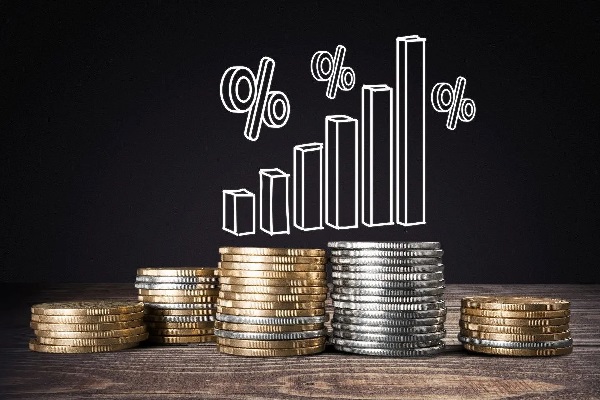
In today's real estate market, the trend of decreasing interest rates might seem like a signal to wait before purchasing a home. After all, if rates continue to drop, wouldn’t it make sense to delay your purchase and secure an even better deal? While this logic may sound appealing, the reality of waiting can lead to increased competition and unexpected financial pitfalls. Here's why delaying your home purchase, even in a market with falling rates, could cost you thousands of dollars.
The Current Trend of Falling Interest Rates
Interest rates have been decreasing recently, making homeownership more affordable. Lower rates translate to lower monthly mortgage payments, which is a significant financial benefit. However, the impact of falling rates goes beyond just the cost of borrowing.
Increased Competition Due to Lower Rates
As rates drop, more buyers are entering the market. The lower rates make buying a home more accessible to a larger pool of people, including first-time buyers who were previously priced out. As a result, competition for available homes increases, leading to bidding wars and higher overall prices.
Home Prices May Rise as Demand Increases
With more buyers flooding the market due to lower interest rates, the demand for homes rises, while the supply remains limited. This increased demand can push home prices higher, offsetting the savings from lower mortgage rates. Even though you may be able to secure a lower rate, the cost of the home itself could rise, leaving you with a higher overall purchase price.
Potential for Overpaying in a Competitive Market
When more buyers compete for fewer homes, bidding wars become more common. In these situations, buyers often end up offering more than the asking price to secure a property. If you wait too long, you could find yourself in a situation where you're forced to overpay just to stay competitive. The result? The money you saved from lower interest rates may be wiped out by the premium you pay on the home.
Waiting Could Mean Fewer Options
With more buyers in the market, the best properties tend to sell quickly. If you decide to wait, the homes that meet your criteria may be snatched up by other buyers. This could leave you with fewer options, and you may have to compromise on location, size, or features to stay within your budget.
The Psychological Cost of Delaying
Waiting for the "perfect time" to buy can lead to decision paralysis. The longer you wait, the more pressure you may feel to make a quick decision when rates or inventory levels change. This pressure can result in impulsive buying decisions or settling for a home that doesn’t truly meet your needs. Additionally, watching homes you like get sold can lead to buyer’s remorse or a sense of missing out on opportunities.
What If Interest Rates Drop Even Further?
While it's tempting to wait for even lower rates, predicting the future of interest rates is a gamble. Financial markets are unpredictable, and rates could stabilize or even rise again. By waiting for rates to hit rock bottom, you could miss out on the current opportunities available in the market.
Timing the Market is Risky
Many buyers fall into the trap of trying to time the market perfectly. However, the real estate market is influenced by a wide range of factors—economic conditions, housing supply, and even global events—that are impossible to predict accurately. Trying to time the market could leave you waiting indefinitely while prices and competition continue to rise.
Why Acting Now Could Save You Money
With rates currently dropping, now may be the best time to lock in a mortgage. Even if rates fall further, the cost of waiting may still outweigh the benefits. Securing a home at today’s prices with a competitive mortgage rate can protect you from future increases in home prices, allowing you to build equity sooner rather than later.
How to Avoid the Cost of Waiting
Now that you know the potential risks of delaying your home purchase, what can you do to avoid them? Here are a few practical steps to take:
Work with a Knowledgeable Agent
In a competitive market, working with an experienced real estate agent is crucial. A knowledgeable agent will help you navigate the complexities of the market, find homes before they hit the market, and negotiate the best possible deal. If you wait too long, you may miss out on these opportunities.
Get Pre-Approved for a Mortgage
A smart move is to get pre-approved for a mortgage before you start house hunting. Pre-approval not only shows sellers that you’re a serious buyer, but it also gives you a clear idea of how much you can afford. This allows you to act quickly when you find the right home.
Conclusion: Don’t Let the Cost of Waiting Add Up
Waiting to buy a home, even in a market with falling interest rates, can end up costing you more in the long run. Rising home prices, increased competition, and limited inventory are all factors that could work against you as you wait for the "perfect" time to buy. By acting now, you can lock in a favorable rate, avoid bidding wars, and secure a home before prices rise further. Don’t let the opportunity pass—take advantage of the current market conditions before it’s too late.
FAQs
- What happens if rates continue to drop?
If rates keep dropping, more buyers will enter the market, leading to increased competition and potentially higher home prices, which could offset the savings from lower interest rates.
- Will waiting for lower rates save me money?
While lower rates can reduce your monthly payments, waiting too long could result in higher home prices due to increased demand, potentially costing you more in the long run.
- How can I stay competitive in a market with rising demand?
Get pre-approved for a mortgage, work with an experienced agent, and be ready to make strong offers quickly. Flexibility and speed are your best allies in a competitive market.
- Should I lock in a mortgage rate now or wait?
Locking in a rate now can protect you from potential price increases. Even if rates drop slightly, securing a home at today’s prices is often more beneficial than waiting.
- How does increased competition affect home prices?
As more buyers enter the market, sellers may receive multiple offers, driving home prices up. This increased demand can make it harder to find a home within your budget.
Categories
Recent Posts
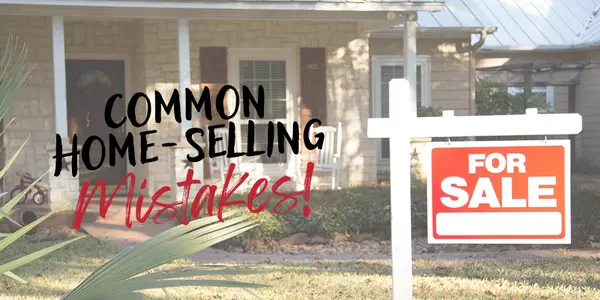
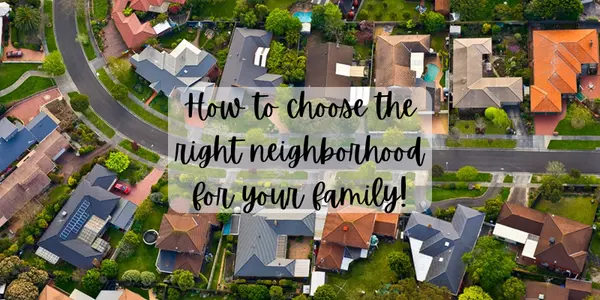
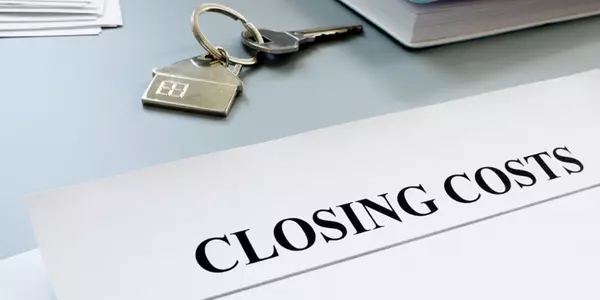
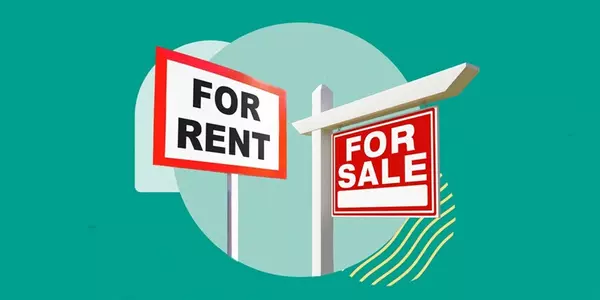
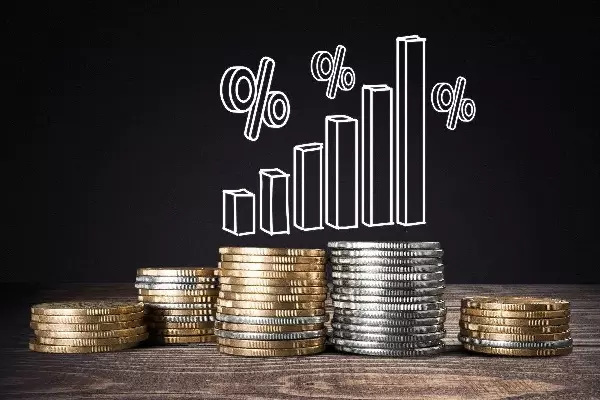
"My job is to find and attract mastery-based agents to the office, protect the culture, and make sure everyone is happy! "